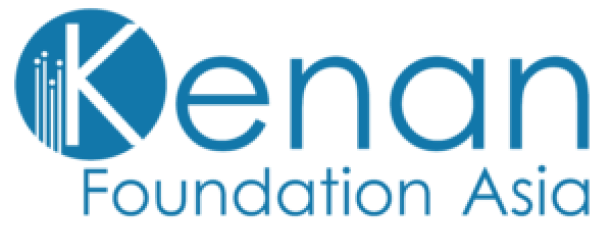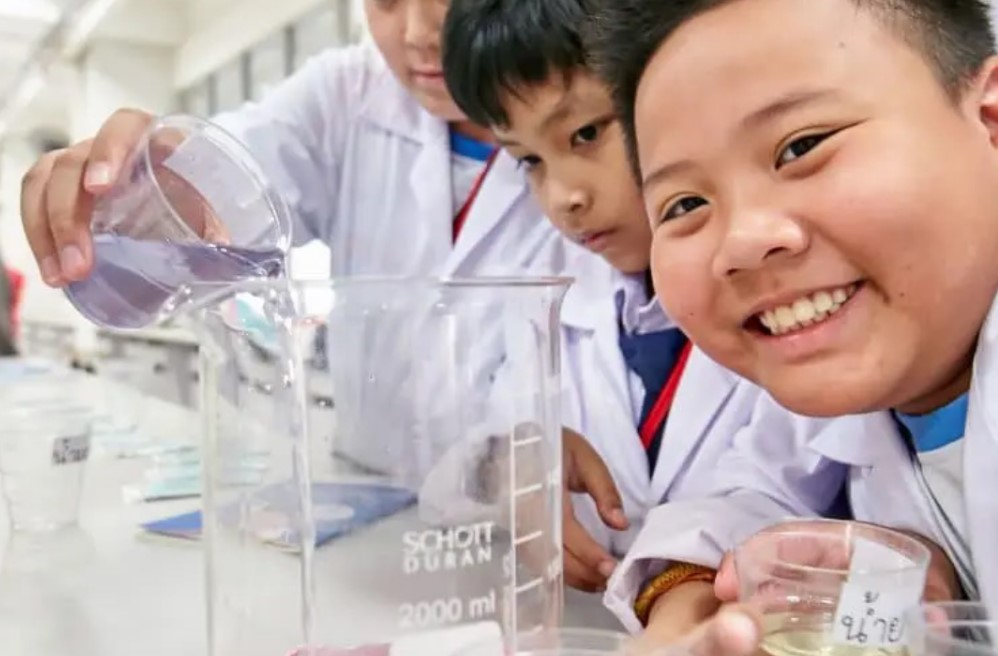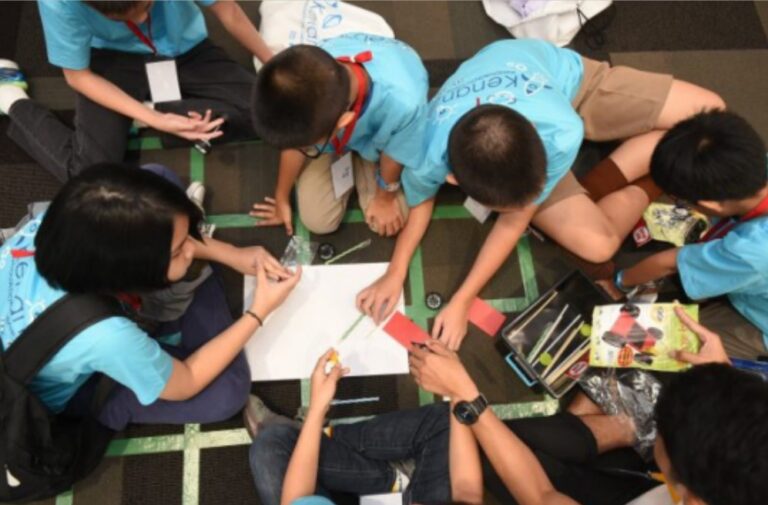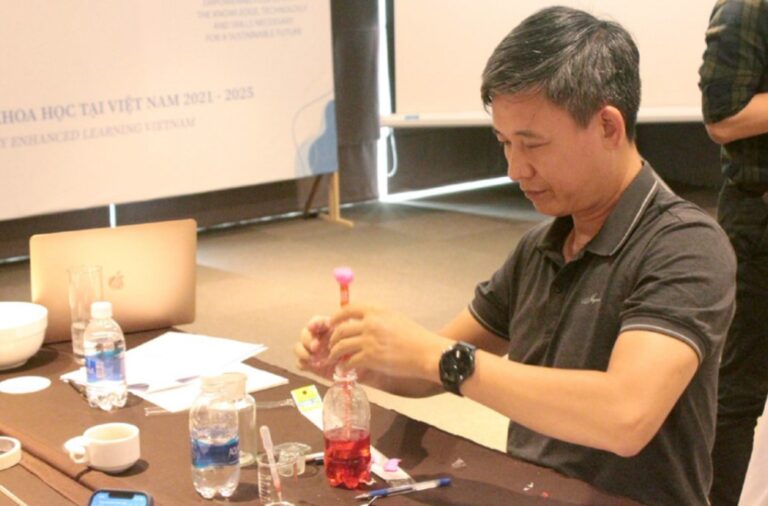


Science, technology, engineering, and math (STEM) education integrates these four elements into a system that creates a holistic learning environment for students to explore real-world problems. Through STEM learning, students increase their ability to apply key concepts from the four elements and cultivate 21st-century skills, such as collaboration, creativity, communication, and critical thinking. Employers are starting to place greater emphasis on hiring individuals with strong STEM skills, a trend that will only accelerate in the coming years. Many countries, including Vietnam, have recognized the high demand for workers with STEM skills and have adjusted their education systems accordingly; however, STEM education transformation in Vietnam remains underdeveloped, putting Vietnamese teachers and students at a disadvantage in the 21st-century economy.
Kenan has led the Boeing Technology Enhanced Learning (TEL) VIETNAM project since 2018 to progress a high-impact international STEM education model, including Kenan’s 15 years of experience in Thailand. In 2021, the project was recognized by the Vietnam Ministry of Education and Training (MOET), and they became Kenan’s key partner in transforming education. The project connects its learning concepts directly to Vietnam’s new national curriculum, which will improve STEM education in the schools by integrating project-based learning with technology platforms. The project’s activities have been designed to focus on building the capacity of Master teachers’ and secondary school teachers’ capacity while also engaging students and school leaders.
Kenan has been working closely with the Ministry of Education and Training and other partners to review and adapt international models to Vietnam’s context and education system. International experts and Vietnam Master teachers group conduct training and exchange meetings. Then, Master Teachers will work with Kenan to develop and revise the formatted lesson plan and training material package for school teachers. Secondary school teachers then receive professional development in project-based learning pedagogy through school teacher training courses. After training, teachers will also receive ongoing mentoring and are invited to join an active professional learning community of previously trained teachers to support teacher capabilities and class rollouts further.
Moreover, 100 selected students will be engaged to carry out STEM projects at an annual STEM camp. The events aim to enhance students’ learning through experience and inspire all stakeholders to apply STEM education, especially through STEM experiments with students.
To date, the project has trained a group of 59 Master teachers and built the capacity of more than 230 educators while providing further support to at least 150 educators each year to use high-impact practices to improve the 21st century skills of nearly 26,100 students in the Hanoi area.





